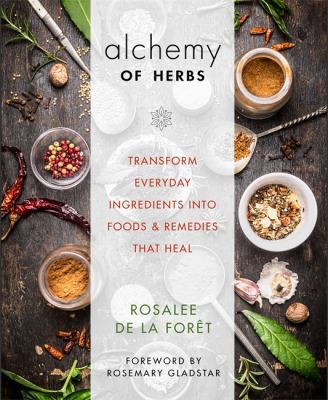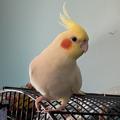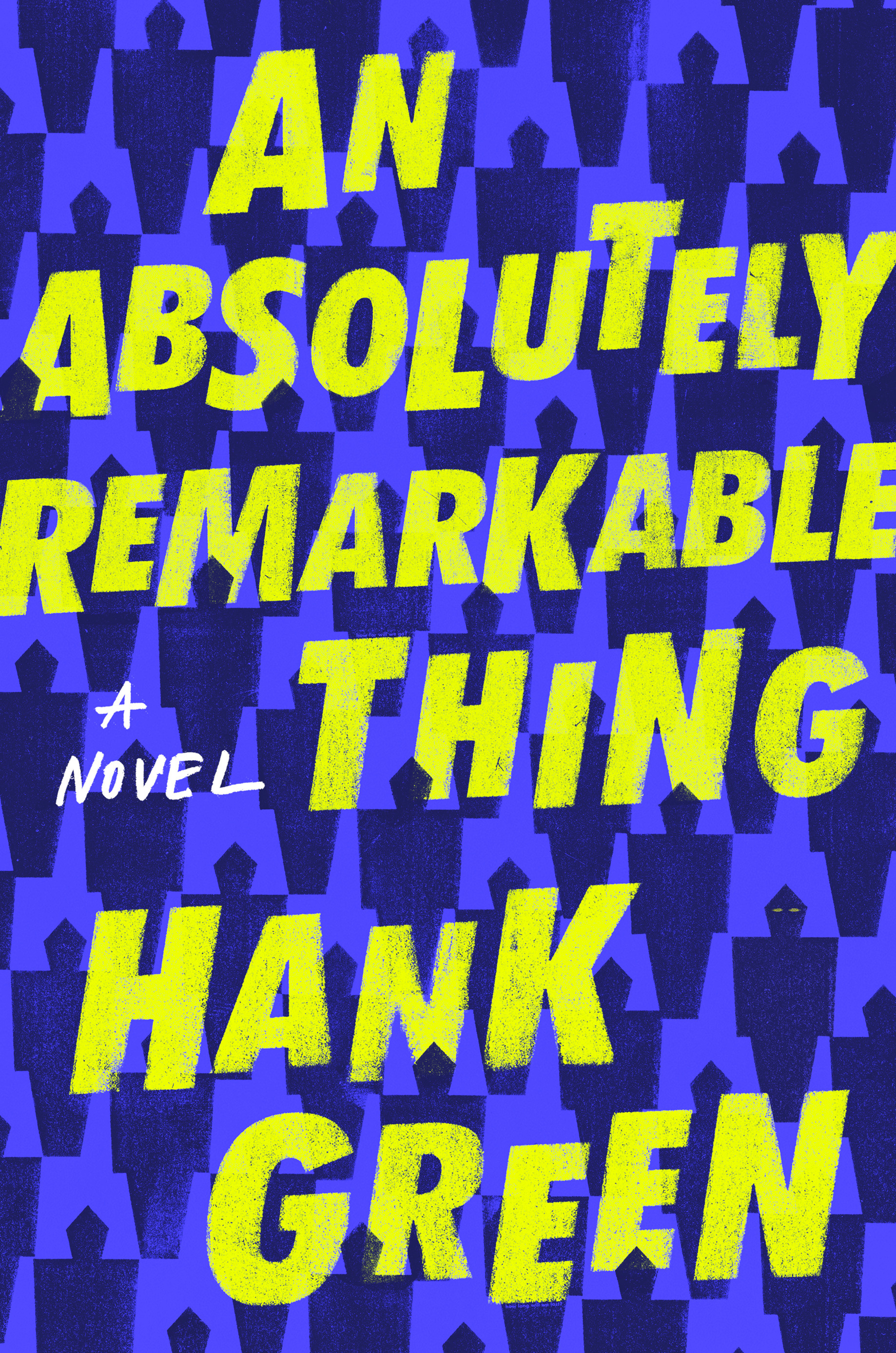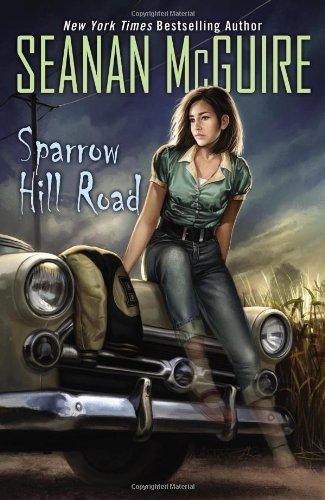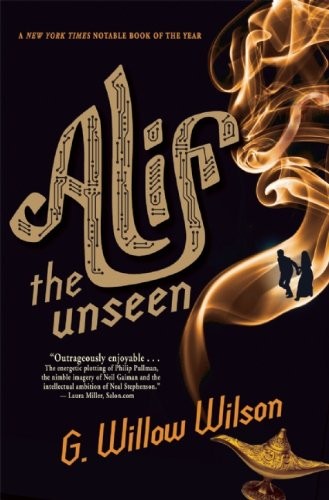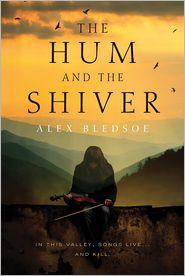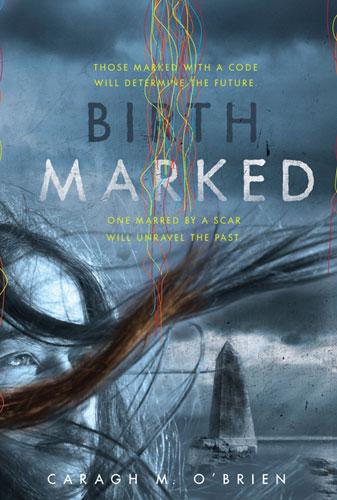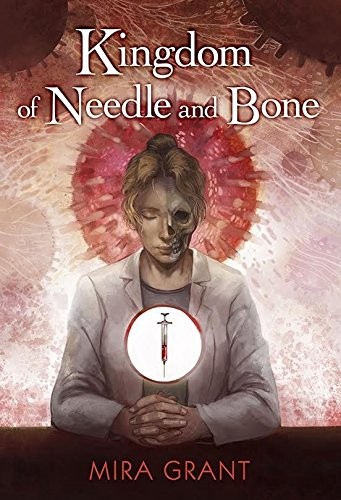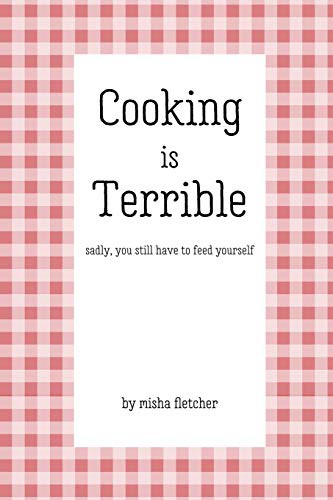There was a lot that I liked about this book, and if GoodReads allowed 3.5 star ratings, I'd give it the extra half star. First, though, I want to talk about why it isn't a 5-star book:
The author decided to write this because she had a baby who couldn’t eat for most of her first two years—she was afraid of food due to a medical issue and had to be taught how to eat. So, unsurprisingly, there is a lot of focus on new parents and pregnant people and the pressures they face re: food. That isn't what I picked up the book for, or what the jacket implied over half the book's pages would be devoted to, but I agree that it's important.
According to the jacket, this is a book about how modern Americans, especially women, are exposed to these really unhealthy ideas about foods and bodies, and eating feels fraught for most of us. “Good” vs. “bad” foods, that kind of thing. We've lost our instincts around food.
And the book does show people who have lost their instincts around food: people who can only eat a few foods, whose eating is disordered in other ways, or who underwent weight loss surgery and can now only eat small amounts. It shows people whose instincts are just fine, though, too; only, they can't necessarily access or afford the foods they need.
Mostly, it shows a lot of people in kind of extreme situations. I now know how the very rich, the very poor, people with eating disorders, people who've undergone weight loss surgery, and nutritionists and dietitians eat. I know a LOT about rich parents and a bit less about poor parents, how each group feeds their children. But I don't know that this book really touches on the universality of our loss of instincts around food, which was disappointing. Does this problem affect people in rural areas? People who aren't white and are middle-class? Students in fields besides nutrition?
The author needed to spend a little less time with her friends who have kids and a little more time interviewing people she hasn't met, yet, to actually have written a satisfying book on this topic.
Also, it probably goes without saying, but the language about gender, parenting, and breastfeeding in this book is mostly cissexist, and a lot of the material in it is potentially triggering in other ways. She acknowledges the latter point, but never the former.
That all said, there are also some great things:
I very much appreciate the validation she provides, through both numbers (studies, data) and anecdotes, that I’ve been right to distrust dietitians and nutritionists (by default, not universally), because they are disproportionately likely to be fighting their own food demons and to have bought into unhealthy ideas about foods, as well. She doesn’t use the term “dogmatic,” which is my go-to term for how each nutritionist seems to have their own set of cherry-picked studies and rules. But she points out how rampant disordered eating is among nutrition students and practitioners and how ill-prepared they are by their default training to handle eating disorders. (“This book validates my bad experiences and my bias against an entire profession” is maybe not a shining recommendation? But there it is.)
It also touches on another major issue I have with The Discourse: treating breastfeeding as if it is magic and necessary, to the point that parents who can’t do it feel like they are failing their babies. I hate it. This author and at least one other person she writes about really suffered, and they were privileged white people, you know? They had the time off work and the spousal support and everything they needed, but their breast milk hurt their babies. Which is terrible, as is the fact that they felt shamed by the experience. But how many parents are shamed because they simply don’t have the support system to breastfeed? "Fed is best." There's a foundation by that name, as she points out. Babies exclusively fed breast milk don't get enough vitamin D. The quality of milk between different breastfeeding parents varies wildly, and formula often is the healthiest choice for a given baby. Society needs to do better on this, and more people need to hear this message.
She talks about a dietician whose MS got worse, and the way her colleagues ignored her when she used a powered chair; it brought up a lot of feelings for me, as someone who has been ignored while using a cane or wheelchair, and it was good to include. It was also pretty damning of the field of nutrition/dietetics, since they acted worse than the general population.
The chapter “Eating While Black” seems (to me, a white person) to be well-researched, if glibly titled: it touches on race, class, and disability, and maybe in confronting it all in a single chapter it risks conflating those things in the reader's mind. Mostly, though, it’s just driving home the need for a universal basic income. So many problems could be solved by giving people enough money to live.
Of course she talks about sizeism (I forget which term she uses, but I don’t think that is the one; it also isn’t "fatphobia," I think) within eating disorder treatment, and I am here for that. She rejects BMI and weight-as-proxy-for-health. Both good and useful viewpoints and part of the reason that there definitely are people I'd recommend this book for.
So, honestly, it's a little bit of a mixed bag. I think I'm glad I read it. I would say, if you're not likely to be triggered by cissexism or by discussion of eating disorders, sick babies, income disparities, racism, ableism, and fatphobia, and if you're interested in learning about different groups of people whose experiences with food are somewhere on the scale from "a bit difficult" to "harrowing," it's an interesting and quick read.


